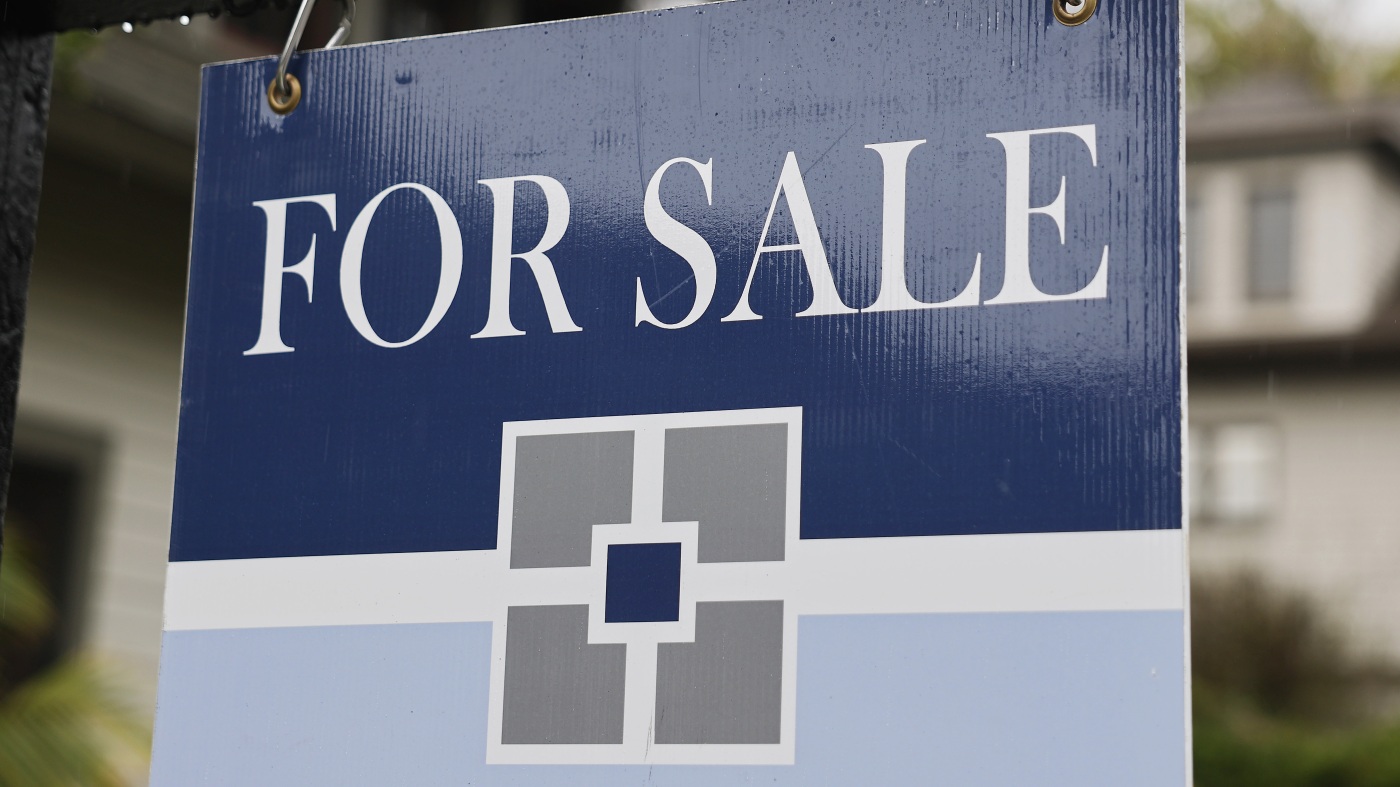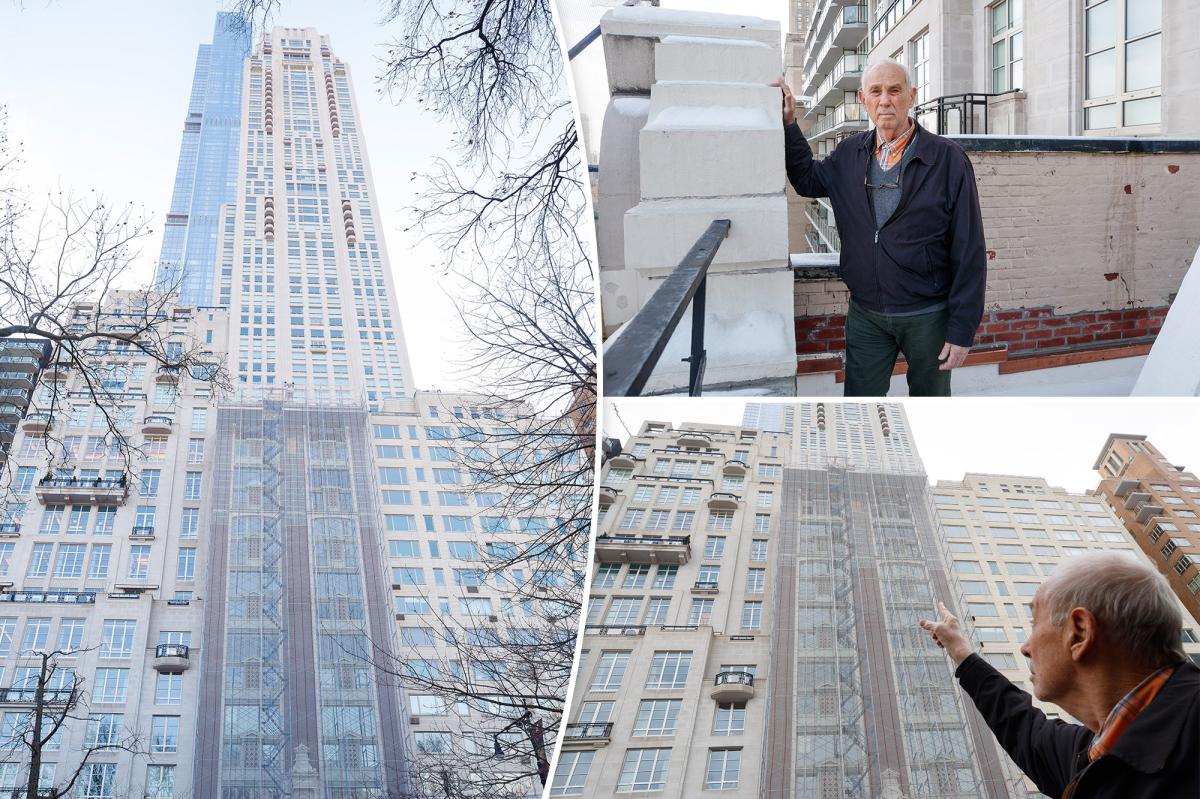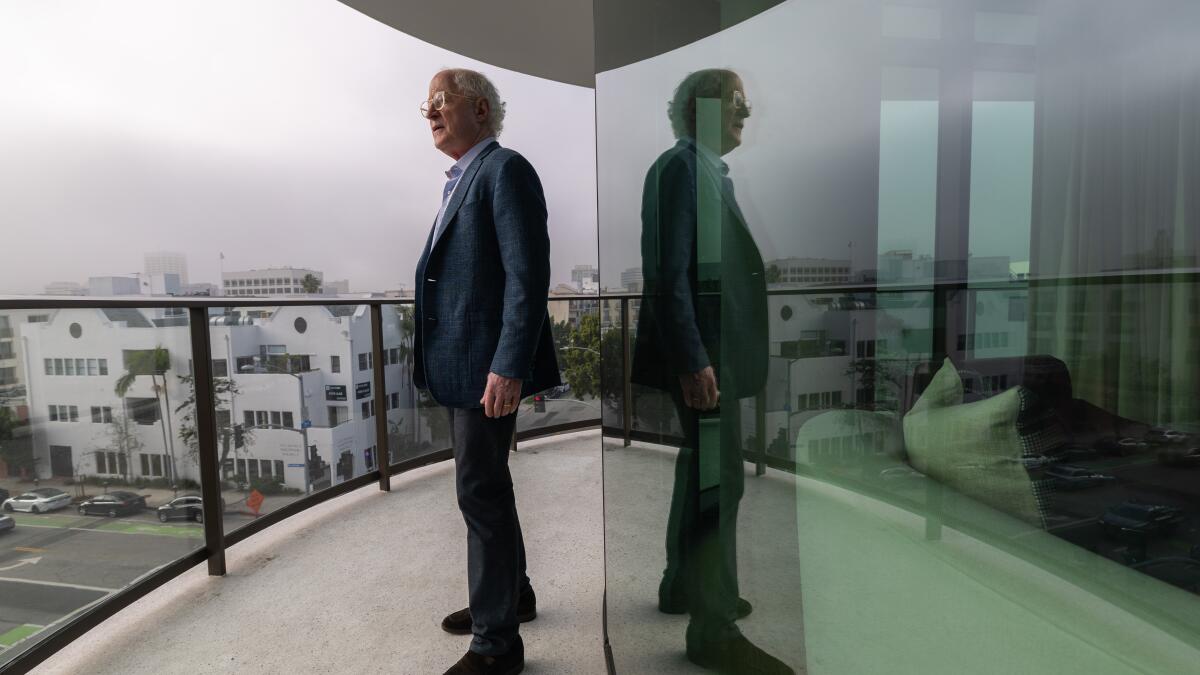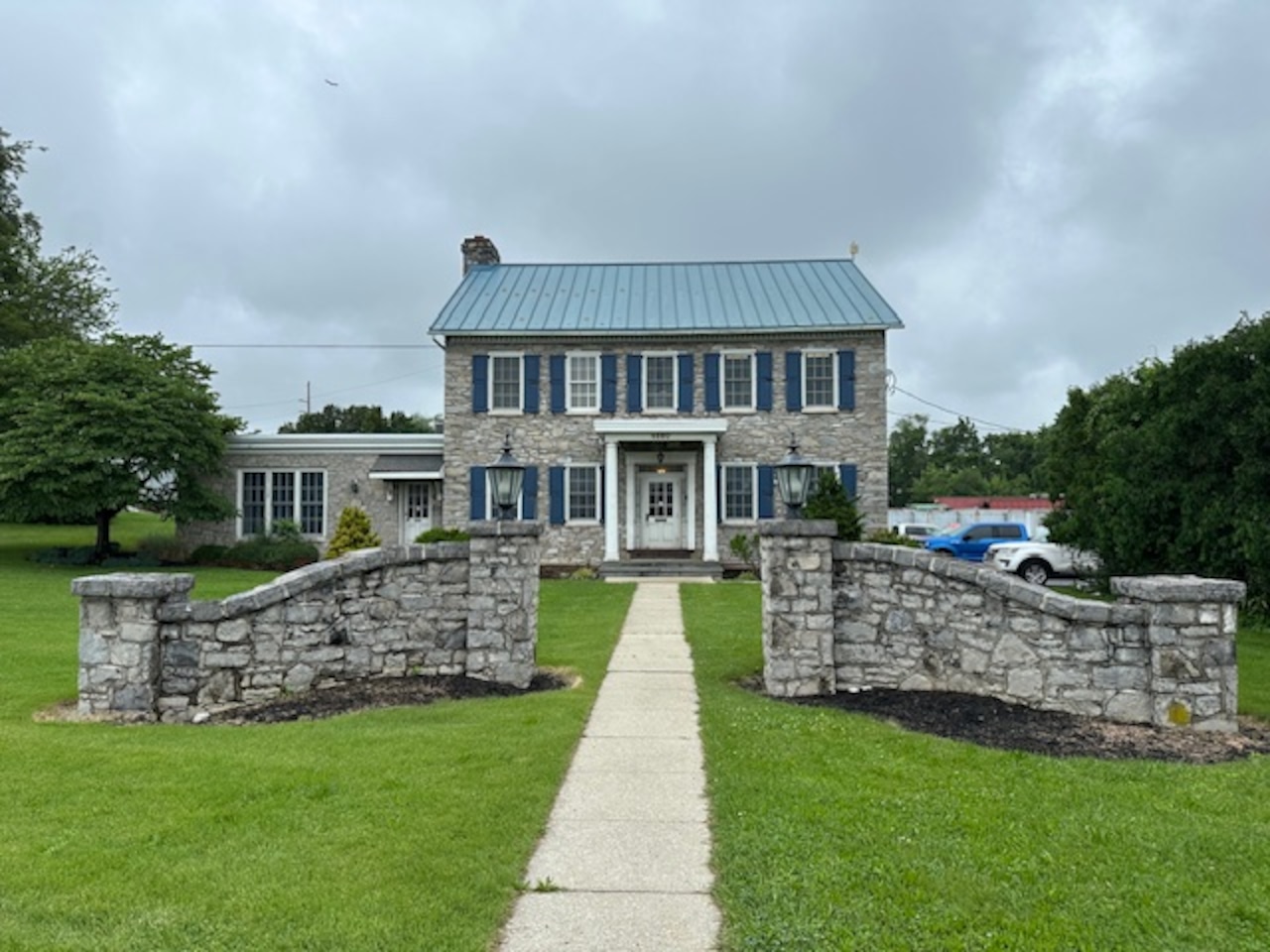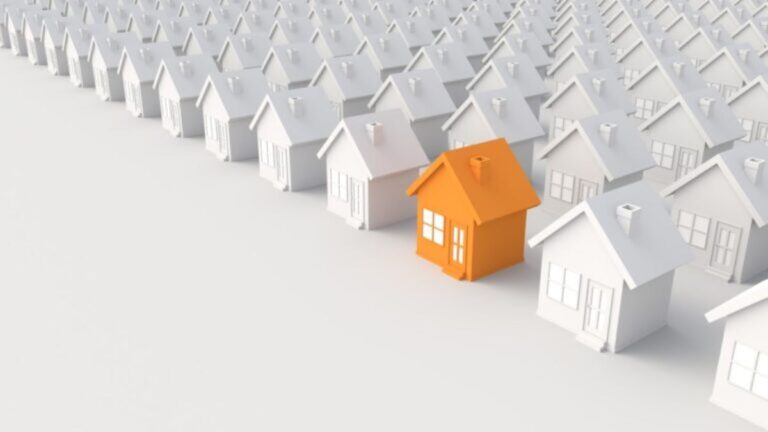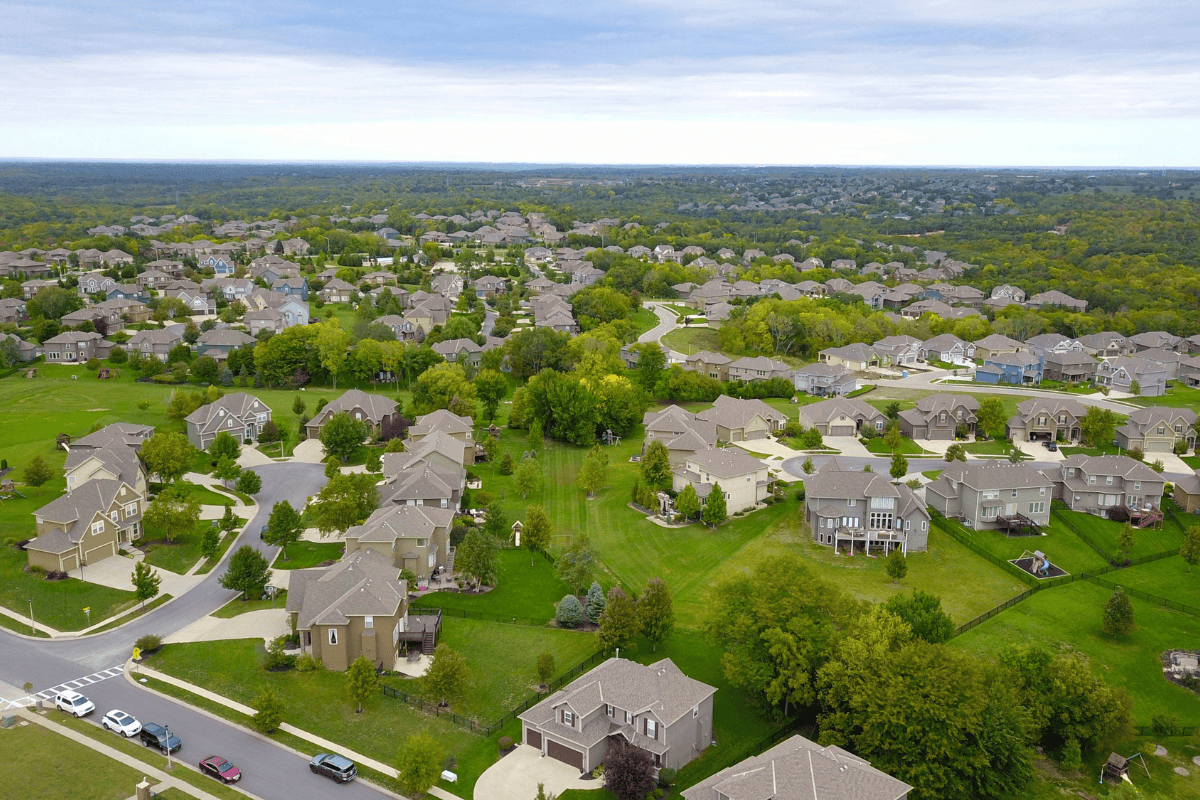A
s the seasons change, a familiar sight is emerging across America's neighborhoods: "For Sale" signs sprouting up like spring flowers. But will this year's housing market be a blooming success or a withering disappointment? The forecast is cloudy, thanks to economic uncertainty and high mortgage rates.
The numbers are daunting: 6.65% is the average 30-year mortgage rate, a figure that's only slightly lower than January's peak. Analysts predict rates will remain steady, at least until the Federal Reserve decides to intervene later this year. But some experts believe market volatility could bring down rates, as mortgages tend to follow the yield on 10-year Treasury bonds.
Selma Hepp, chief economist at Cotality, notes that investors' concerns about a slowing job market and rising recession risks are driving up mortgage rates. Inflationary policies like tariffs aren't helping either. Meanwhile, home prices have skyrocketed by 47% in just five years, making it an expensive time to buy.
However, there's a glimmer of hope for buyers: more homes are hitting the market. Last year was the slowest existing home sales market since 1995, but February saw a 17% increase in listings compared to last year, followed by a 10% jump in new listings in March. This uptick suggests that homeowners with low interest rates may be willing to move after all.
As inventory grows, buyers will have more options and leverage, potentially leading to more sales. Return-to-office mandates are also driving some people to move closer to cities, as they're required to spend several days a week at the office. For sellers, increased competition means they'll need to be more flexible on price – a trend already underway.
Over 17% of active listings included price reductions in March, according to Realtor.com, the highest for any March since 2016. But economic uncertainty remains a major concern, with many potential buyers hesitant to commit to a big down payment.
Jeremy Masem and his wife have been searching for a home in Fairfield County, Conn., but their offers keep getting rejected. They may decide to rent instead of buying, citing concerns about tariffs and the economy. Others may be making the same choice, as pending listings fell 5.2% year over year in March.
The costs of homeownership are also rising, with home insurance and HOA fees skyrocketing in some areas. This can make buying a home feel like a gamble. On top of everything else, changes to how agents are paid have added complexity to the process.
Last year's settlement between the National Association of Realtors led to new rules that give sellers more control over who pays the buyer's agent and how much. Buyers must now sign an agreement setting their agent's compensation before viewing homes – a change that's causing confusion among many home shoppers.
As Masem notes, "There's still confusion over who's paying whose percentage." The process of looking at homes and making offers can be draining and time-consuming, leaving buyers feeling like they're missing out on other aspects of life.
